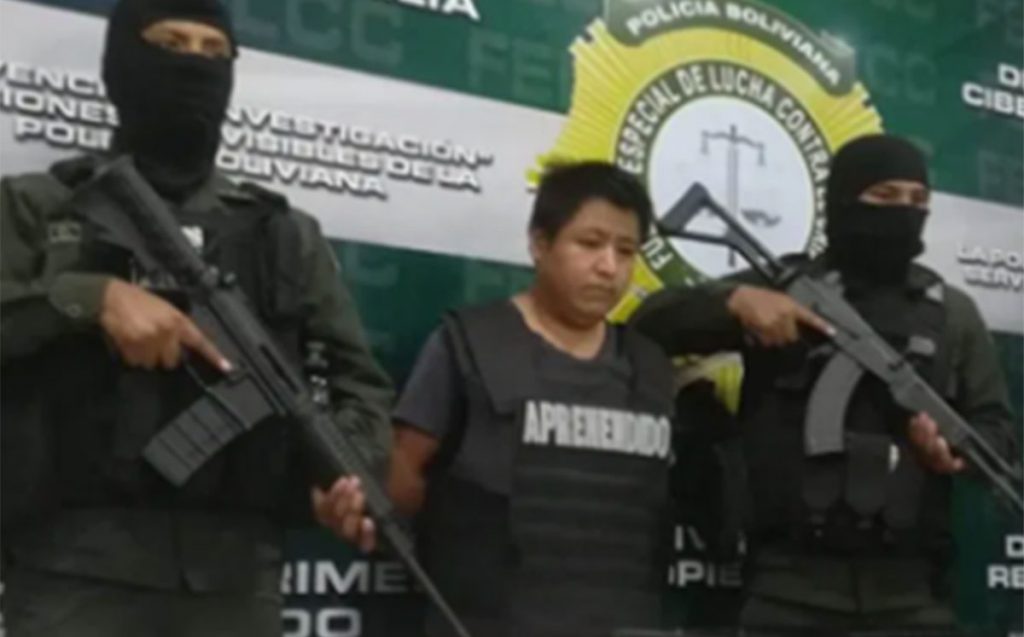
Human Rights Watch released a report on Sept. 11, asserting that Bolivia’s interim government, led by President Jeanine Añez, uses the judiciary to attack former President Evo Morales, his supporters, and former members of his administration. The report claims Añez’s government “has publicly pressured prosecutors and judges to act to further its interests, leading to criminal investigations of more than 100 people linked to Morales government and Morales supporters for sedition and/or terrorism.” The report states that many of these investigations “appear to be politically motivated.” Among those charged is Morales himself, who was accused of terrorism after he fled the country last November.
The government’s terrorism charge against Morales stem from a phone call he made after he left office. Morales allegedly urged protestors to mobilize and “fight” the interim government during the call. The terrorism charge is punishable with up to 20 years in prison, which the report asserts is “disproportionate to the conduct reflected in the phone call, and appears to be a political attack on Morales and his supporters rather than enforcement of the law.”
Also noted is the case of Patricia Hermosa, Morales’ attorney and former chief of staff, who was charged with terrorism and sedition based on the mere fact that she had telephone contact with Morales after he resigned. She is currently under house arrest.
One Morales supporter, Mauricio Jara, was charged with sedition, instigation to commit a crime, and crimes against public health, on the basis of WhatsApp messages in which he called the government a “tyranny” and “dictatorial,” and urged people to protest. Police also cited as evidence that Jara had called the killing of at least 10 protestors in Senkata in November 2019 a “massacre”—a term also used by the Inter-American Commission on Human Rights to describe the case. He remains in pre-trial detention.
The report states that Morales and members of his government “have become victims of the same political interference in the justice system that they exerted when in power.”
Bolivia’s presidency minister, Yerko Núñez, responded to the report, rejecting the allegations of political persecution against Morales. He added that the former president’s actions demonstrated “a simple desire for power.”
A Bolivian court this month rejected an appeal by Morales against a ruling that banned him from running for a senate seat in the new elections. The court made its ruling on the grounds that Morales is no longer a Bolivian resident, as he now lives in Argentina.
From Jurist, Sept. 13. Used with permission, with additional material from the HRW report.
Note: Morales, from exile in Argentina, denies the charges against him. Bolivia saw a new wave of protest in August over Añez’s postponement of the new elections as a supposed measure to contain COVID-19. The killings at Senkata took place last November, shortly after the ouster of Morales.
Photo: Guider Arancibia via HRW




